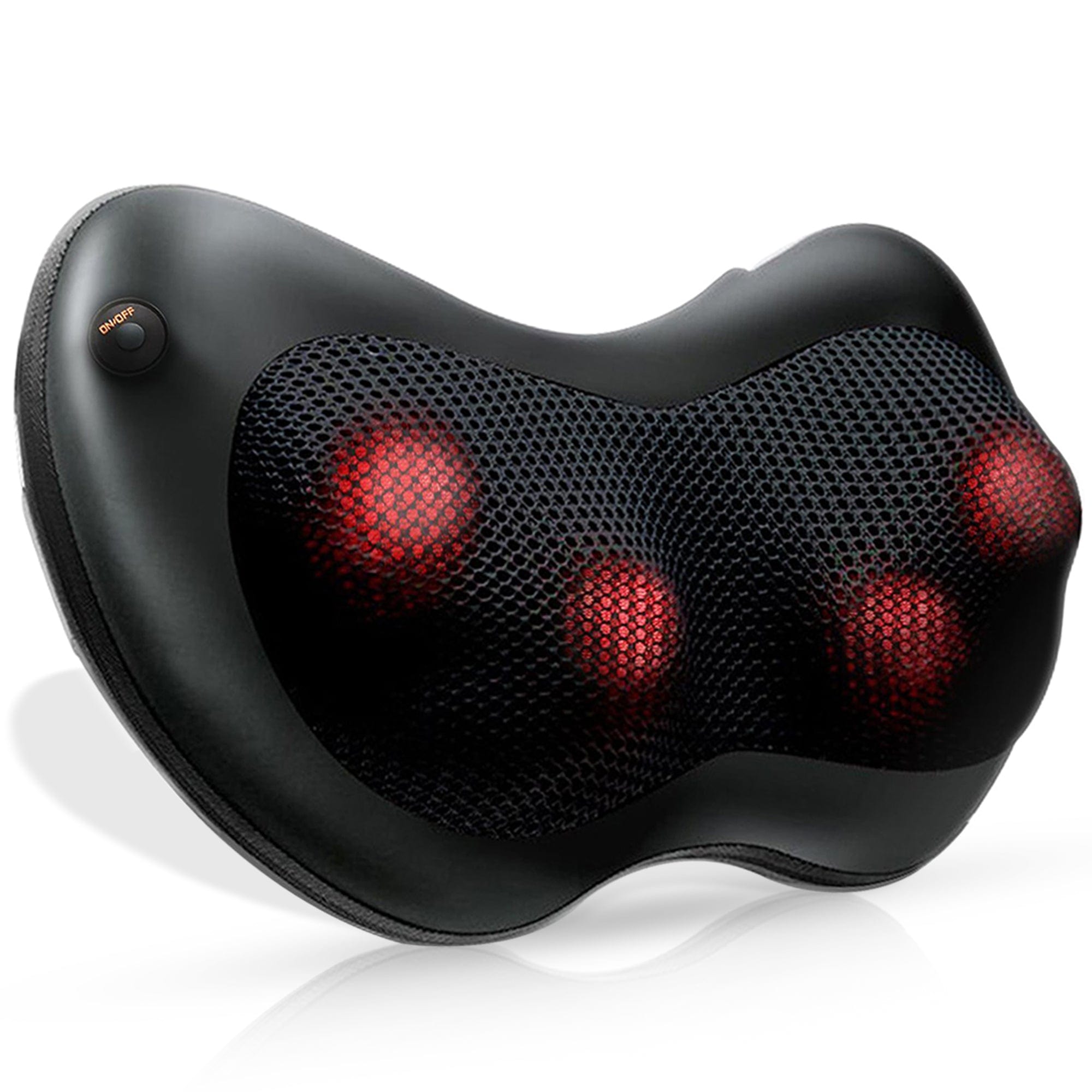Imagine your little one, like my friend's child, Sarah, facing respiratory challenges. It's tough, isn't it? Nebulizer treatments become a lifeline, recommended by doctors to ease their breathing. However, while crucial for managing a child’s health, these treatments can prove challenging for both the child and the caregiver. But let's be real, these treatments can be tricky for both you and your child.
Here's how my friend tackled it, and how you can too:
1. Foster a Positive Atmosphere
Transform the treatment space into a warm and inviting area for your child. Creating a relaxed environment can make administering nebulizer treatments much smoother. Decorate with their favorite posters, toys, or comforting items, and provide a cozy chair or cushion for added comfort.
2. Explain the Process Ahead of Time
By demystifying the nebulization process, your child is more likely to cooperate. Use simple language and age-appropriate explanations, supported by visual aids or storybooks, to illustrate how the nebulizer works. This step can significantly ease your child's uneasiness.
3. Select the Right Accessories
To alleviate fear, consider choosing properly fitting masks or accessories. Explore a variety of pediatric masks and nebulizers with different designs and shapes, allowing your child to pick their favorite. This personal touch might even make nebulizer treatments something to look forward to.
4. Engage in Enjoyable Distractions
During treatments, employ distraction techniques to keep your child engaged. Play their favorite music, read a story, or let them watch a short video on a tablet. These distractions help pass the time and make the experience more enjoyable.
5. Establish a Consistent Routine
Whether it's after breakfast, before bedtime, or at another designated time, maintaining a routine helps children anticipate what's next. Establishing a regular schedule for nebulizer treatments can instill a sense of control and reduce anxiety.
6. Practice Patience
Patience is key during respiratory care. Children can easily pick up on their parents' stress, so maintaining a cheerful demeanor is crucial. Your support can significantly influence your child's cooperation.
7. Involve Your Child in the Process
Empower your child by involving them in the treatment process. Depending on their age, let them pour the medication into the nebulizer cup or turn on the machine. This sense of responsibility fosters a feeling of control.
8. Provide Incentives
Incorporate a reward system to motivate your child during treatments. Offering a small treat or other incentives can make the process more appealing and encourage cooperation.
9. Stay Informed
Stay informed about your child’s respiratory condition, treatment options, and any changes in their care plan. This knowledge enables you to make informed decisions and address your child's concerns confidently.
10. Monitor Progress
Keep a close eye on your child’s progress and any changes in their condition. Share any improvements or worsening symptoms with healthcare providers to ensure they receive appropriate care.
11. Offer Emotional Support
Above all, provide your child with emotional support and comfort throughout the process. Reassure them of your presence and understanding, offering hugs or comforting words when needed.
12. Choose Dr Trust
Dr Trust offers a range of pediatric-friendly nebulizers designed for efficient medication delivery, contributing to a more comfortable experience for children.
Frequently Asked Questions (FAQs)
Q1: How do I know if my child needs a nebulizer treatment?
Ans: Your child's pediatrician will typically recommend nebulizer treatments if they are experiencing respiratory issues such as asthma, allergies, or other breathing difficulties. Symptoms may include wheezing, coughing, shortness of breath, or chest tightness.
Q2: How often should my child use the nebulizer?
Ans: The frequency of nebulizer treatments will vary depending on your child's specific condition and the treatment plan prescribed by their healthcare provider. Some children may require treatments multiple times a day, while others may only need them occasionally.
Q3: How long does a nebulizer treatment take?
Ans: The duration of a nebulizer treatment can vary, but it typically takes between 5 to 15 minutes to complete a session. Factors such as the type of medication being administered and your child's response to the treatment may affect the length of time.
Q4: Can I use a nebulizer for my child's cold or respiratory infection?
Ans: Nebulizer treatments are often used to help manage symptoms of respiratory infections, such as bronchitis or pneumonia, especially if they are causing breathing difficulties. However, it's essential to follow your healthcare provider's recommendations and treatment plan.
Q5: How can I clean and maintain the nebulizer equipment?
Ans: It's crucial to clean and disinfect the nebulizer equipment regularly to prevent contamination and ensure effective treatment delivery. Follow the manufacturer's instructions for cleaning and disinfecting the nebulizer, including the mask or mouthpiece, tubing, and medication cup.
Q6: Can I travel with a nebulizer?
Ans: Yes, many portable nebulizers are available that are convenient for travel. Make sure to pack all necessary equipment, medications, and accessories, and check with your airline or transportation provider for any specific guidelines or restrictions regarding medical devices.
Q7: What should I do if my child refuses to cooperate during nebulizer treatments?
Ans: Encouraging your child to cooperate during nebulizer treatments can sometimes be challenging, especially if they are feeling anxious or resistant. Try using distraction techniques, offering rewards or incentives, involving them in the process, and maintaining a calm and supportive demeanor. If difficulties persist, consult with your child's healthcare provider for additional strategies and support.
Q8: Can I adjust the medication dosage or treatment schedule on my own?
Ans: It's essential to follow the treatment plan prescribed by your child's healthcare provider and not adjust medication dosages or treatment schedules without consulting them first. Changes to the treatment plan should be made under the guidance of a healthcare professional to ensure safe and effective management of your child's respiratory condition.
In conclusion, managing a child’s respiratory condition with nebulizer treatments can be daunting but is essential for their well-being. By implementing these strategies, you can simplify the process, making it less stressful for both you and your child. With dedication and these tips, nebulizer treatments can become a manageable aspect of your child’s healthcare routine.










